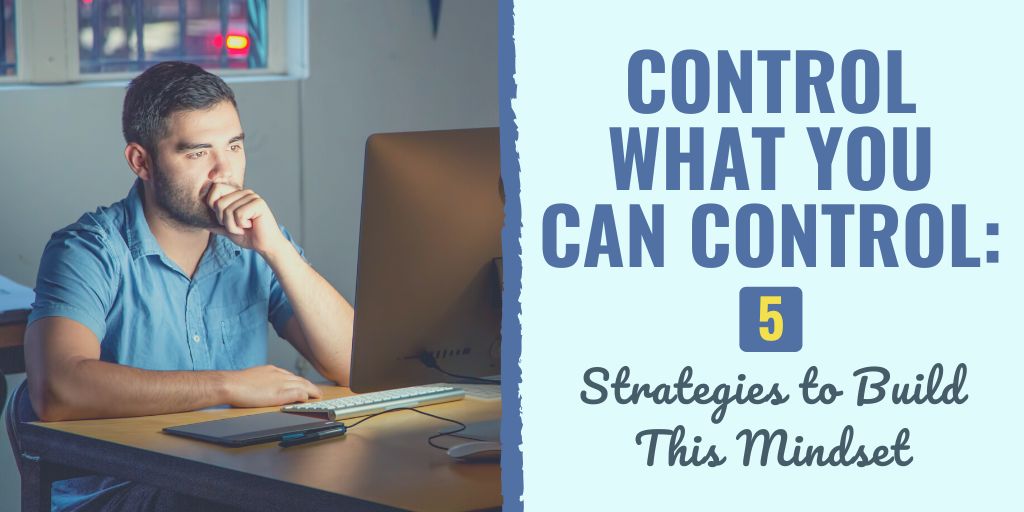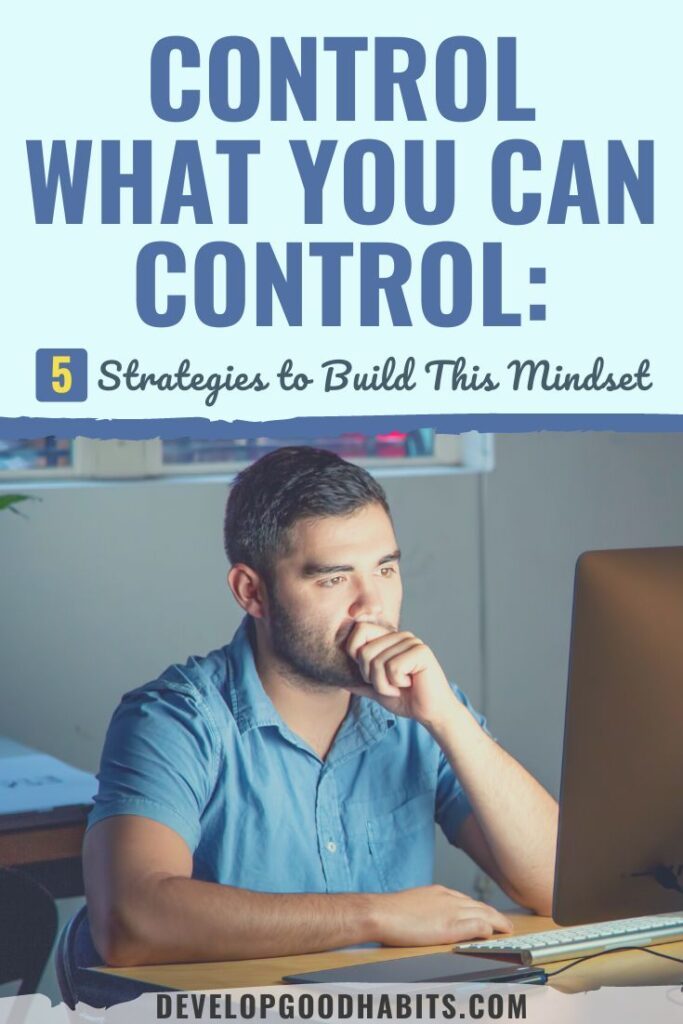There might be affiliate links on this page, which means we get a small commission of anything you buy. As an Amazon Associate we earn from qualifying purchases. Please do your own research before making any online purchase.
When I was pregnant with my daughter, I was an active member of an online group with 72 other expecting moms, which was appropriately titled January 2015— the month our babies were due.
Many members used the space during the time they were pregnant to create their “birth plan” and bounce ideas off of each other.
Some women spent a significant amount of time crafting the perfect plan for how they were going to give birth, who would be in the room, and whether they were going to go natural or get the drugs.
I didn’t create an elaborate birth plan. I think because I was so nervous for that day to come that I was too scared to stare at it in the face. So when it actually did come in November of 2014, I was glad I hadn’t wasted my time.
Because I know my plan wouldn’t have included: complete a conference call while the nurse pushes me down the hall to the delivery room, but that’s certainly part of what happened that day.
Now, don’t get me wrong, I’m usually filled with anxiety as I consider the “what ifs” of the future. This is especially apparent when I’m packing for a trip, and upon returning home, half of our luggage remains untouched.
I have to wonder why I thought my child “just might need” a jacket in South Florida in mid-June. But I had to spend the time and energy worrying about the possibility that she could say she’s cold…and since there are no stores in Florida…
It’s in these situations where I really admire people who can roll with the punches in any situation.
I know I have an expert level of experience staying up all night wondering why a boyfriend hasn’t responded to a text or overthinking how I handled something at work that day–and how I will do it differently the next time that exact situation presents itself again.
But trying to change the past or predict the future are two things that make me feel pretty helpless. Because no matter how long I spend with my mind fixated on the issue at hand, somehow, the outcome doesn’t seem to be impacted by my mental energy. And, as it turns out:
“If a problem is fixable…then there is no need to worry. If it’s not fixable, then there is no help in worrying.”― The Dalai Lama
So what is the difference between a fixable and a non-fixable problem? Well, one of them you have some control over, and the other, you don’t.
In this article, we are going to talk about how you can build the mindset of only trying to control the things that you have some control over. But first, let’s talk a little bit about why this is important.
Why Should You Control What You Can Control?
Let’s start with addressing why you shouldn’t try to control the things that are out of your control.
Say you’re trying to find parking somewhere at an event that’s packed and you see a spot ahead where you think you can squeeze in if you parallel park your car just right. And then you pull up to the spot, and once you get a closer look, you see the space is about two feet shorter than your car is.
How much time do you spend sitting in your car, blocking traffic, being angry and frustrated that you can’t fit into the spot? How long do you spend sitting there trying to wish your way into it?
I would assume not a whole lot. Because, in that moment, you recognize there is nothing you can do to make that spot bigger (or make your car smaller) so you move on to look for something else.
The size of that parking spot is out of your control, and you are quick to realize that and move on. This is an objective fact that you can’t change. The same can be true for other factors in life, you just need to recognize what situations are out of your hands and which ones you can influence.
Now, when you do spend time and energy focusing on the things that you can control, such as your goals, attitude, how you spend your time, the books you read, the media you consume, the people you surround yourself with, what you eat, etc., you can feel good that you’re being proactive in making a positive difference in your life somehow.
Not only will this help you feel empowered, it will also make you feel confident that you have the ability to influence outcomes and feel a sense of achievement when the end result turned out the way it did because of you.
Because of this positive difference you can make, you don’t want to waste your mental energy on the things that are out of your control–you want to save it for when you can be useful and make a real difference.
But if someone has ever told you to “Let it go” or “Get over it” when you’re upset about something, you probably know that it’s easier said than done.
So let’s take a look at some strategies you can use to build this mindset.
1. Establish What You Can Control
When you feel like something is wrong, think about what (if any) impact you can make on the situation. Can you stop a storm in its tracks when it’s headed your way? No, but you can prepare for it to hit. When you turn your attention to what you can control, you will feel more empowered.
So what does this look like when you’re doing something that often feels defeating, such as job hunting?
Worrying about your unemployed future demise is draining, so instead, turn your attention to what you can control: the quality of your resume, the amount of networking you’re doing each week, and the number of job applications you’re submitting every day.
Or, what if you’re so focused on the fact that you got laid off from your last job that you can’t find it within yourself to move on? This type of rumination can not only lead to depression, it can damage your ability to effectively problem-solve.
Studies show that this type of behavior causes people to struggle to find satisfactory solutions to even hypothetical problems (i.e. “What if my next job pays less than my last job?”).
Furthermore, those who focus on trying to control the past are often so uncertain in their solutions to moving forward that they frequently fail to take any action at all.
Whatever the issue at hand is, adjust your attitude, goals, and how you spend your time appropriately to empower yourself to improve the situation.
Occupying your mind with trying to will someone to like you, make a hiring manager call you back, or keep a storm out at sea will only exhaust you and leave you feeling tormented.
Knowing yourself is the first step in establishing what you can control. Take a few minutes to watch the video below to learn about the five proven strategies to increase your self-awareness.
2. Practice Mindfulness
As stated above, having an awareness that there are some things you can control and some things you can’t is a big part of regaining the power you need to focus your energy toward the right areas, and this can be achieved through practicing mindfulness.
Mindfulness is the practice of intentionally paying attention to the present moment without passing any judgement. It’s about engaging with your surroundings and training your brain to observe your passing thoughts and feelings so you can accept what is.
Letting go of the idea that you can control everything gives you some energy back to focus on the things that you can control. Controlling your response to your passing thoughts and feelings involves taking a step back to be mindful of just how these things are impacting you and then altering your course.
Finally, practicing mindfulness has been shown to reduce self-judgment, which will allow you to be more open to making and learning from your mistakes.
After practicing mindfulness, you will be better prepared to be present in any given moment and be more accepting of your circumstances–even those that are beyond your control.
So while you may dislike your situation, if you can choose to accept it and focus on what’s in your control, you will come out on top.
3. Continue to Be a Learner
People who have agency over their circumstances are always learning and expanding their ability to learn by keeping an open mind and being collaborative with everything they do. This means you need to position yourself to meet new people, explore new ideas, and learn new skills.
Having a growth mindset and recognizing that you’re capable of learning and adapting to your surroundings can help you let go of your need for control and perfectionism because it can help you fight your fear of failure.
When you’re in the mindset of lifelong learning, you’ll realize that even on your worst days, you will go to bed stronger than you woke up that morning.
And because of this, sometimes the best thing you will get out of your hard work is the troubles you experienced, the lessons that came along with them, and the person it made you into.
4. Practice What You Can Control
When you actively practice the things that are in your control to the point of mastering them, you will be able to confront the things that are out of your control with a stronger mindset that will help you tolerate them with more stamina and endurance.
Spend some times working on the following things that are in your control:
Your Breathing
Practicing deep breathing can help you learn how to calm your nerves and reduce feelings of stress and anxiety. This is a practice that allows more air to flow throughout your body, which promotes a sense of relaxation. Here are four exercises to try to practice deep breathing.
Your Attitude
If you can’t change something that is causing you stress, change your attitude about it. Whatever challenge you’re facing, reframe how you’re thinking and start to consider it as a starting point for achieving something new.
Owning the opportunity to change your attitude and your reaction to things you cannot control is a shortcut to growth, happiness, and a sense of freedom.
Gratitude
Research has found that practicing gratitude is directly related to greater levels of happiness.
Giving thanks for the things you’re grateful for in life helps you feel positive emotions more frequently, enjoy the good experiences that you have, improve your physical health, handle conflict, and build strong social bonds.
Practice writing in a gratitude journal to help you see life in a more positive light. Doing this and other activities to promote gratitude will help you turn your focus toward the aspects of life that you can control.
Visualization
Visualizing yourself achieving positive outcomes will help you cultivate a motivated and powerful state of mind. Visualizing happy things, such as plans for your future or a favorite memory helps you focus on good things, which combats worry.

When you take the time to visualize the good things in life, you’ll have less time and energy to worry about factors beyond your control.
The more you engage in visualization, the better you will become at doing it. The results of this practice can have a big impact on your life. Start by creating a vision board.
5. Let Go
You will notice life is a lot easier when you release control, and once you do, you will realize you never really had control in the first place. Start allowing things to happen instead of making them happen.
Like most people, you probably spend a lot of time focusing on business that’s not your own–whether that’s your friends’ business, your boss’s business, or the universe’s business. But the reason you’re trying to be a part of everything is because you’re scared of what might happen if you’re not.
This need for control stems from an attachment to one outcome, which you’re sure is the best outcome.
But the truth is, you don’t always know what’s best. So when you can step back and trust that you will be alright whether you try to micromanage everything or not, you can let go. This will open you up to all kinds of new possibilities that aren’t possible when you’re devoted to only one “correct” result.
When you choose to let go and surrender to reality, you will make a shift from being anxious, stressed, and hyper-focused on the past and the future, to being calm and present in the moment. You will start to actually feel like you’ve gained control.
Letting go is a combination of accepting what is and having faith that everything will be alright. So when you notice you’re starting to micromanage your surroundings, make a deliberate decision to just let go.
Final Thoughts on Controlling What You Can Control
While you may not have control over a lot of the big things in life, there are a ton of smaller things that you do have control over. And by learning to control what you can, it will become second nature to act in empowering, positive ways.
So let go, and start using your time in a more effective way that will help you live your best life. And remember, research shows that 85% of things that you worry about that are out of your control never come true.
And if you're looking for more resources to help you control what you can control in your life, here are some articles that might help:
- How to Use Your Circle of Control to Stop Worrying About Life
- Best Portion Control Tips: 11 Ways to Avoid Portion Distortion
- 11 SMART Goals Examples for Time Management & Productivity

Connie Mathers is a professional editor and freelance writer. She holds a Bachelor's Degree in Marketing and a Master’s Degree in Social Work. When she is not writing, Connie is either spending time with her daughter and two dogs, running, or working at her full-time job as a social worker in Richmond, VA.
Finally, if you want to take your goal-setting efforts to the next level, check out this FREE printable worksheet and a step-by-step process that will help you set effective SMART goals.


